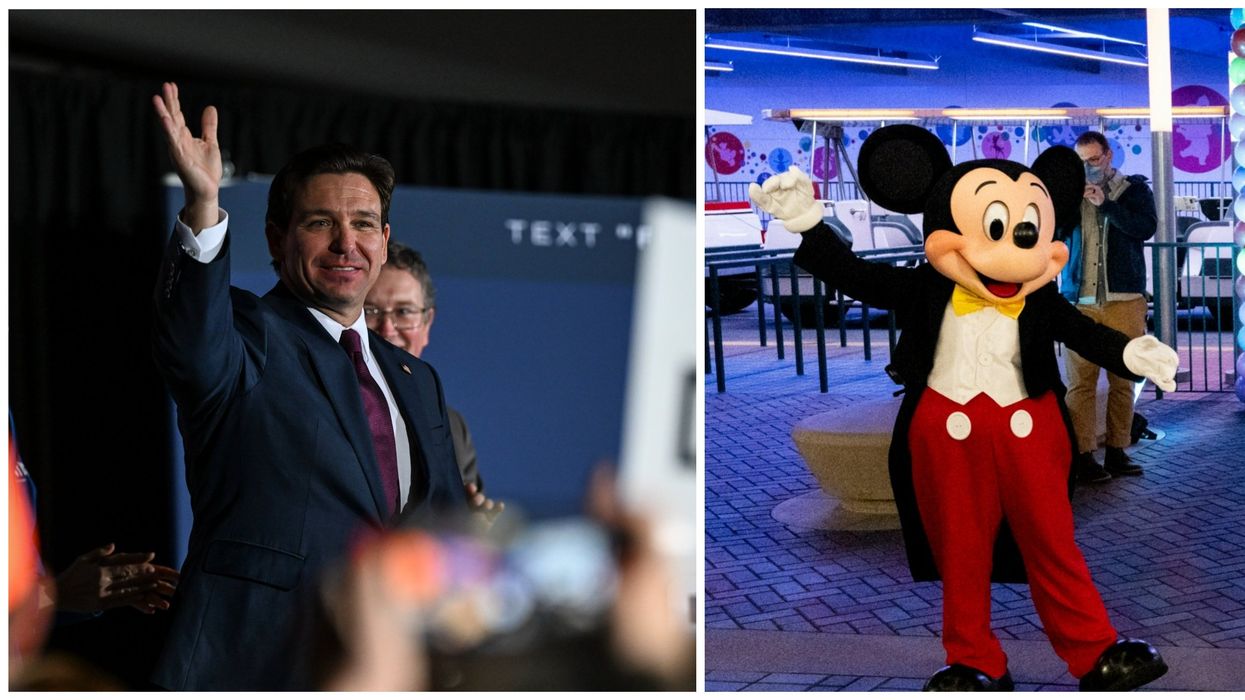Ballous-Aares is CEO and founder of Leadership Now Project, a membership organization of business leaders committed to protecting American democracy. Pleasants is an internet executive who has led multiple global enterprises. Brack is a managing partner at Hypothesis, a venture capital firm, and a former Time Warner executive. Pleasants and Brack are founding members of the Leadership Now Project.
The United States continues to have one of the freest and most dynamic economies in the world. U.S. businesses generate jobs, improve living standards and are amongst the most trusted institutions in American life. They thrive in no small part from operating in our enviable democratic republic and free market economy. But in recent years political leaders have displayed growing and worrisome authoritarian tendencies that undermine these cherished advantages and threaten the American economy. Case in point: political retribution toward businesses in response to acts of free speech and the abrogation of their first amendment rights.
There is a huge difference between elected public officials demanding alterations to business practices by enacting laws affecting entire sectors — the proper scope of governance — and using the law or bully pulpits to wage targeted campaigns against individual business leaders that do not share the leaders’ policy views. Indeed, a hallmark of totalitarianism is the total politicization of society, where the awarding of contracts and the ability to freely operate a business are entirely bound up with whether business leaders express fealty to the ideological beliefs of powerful officials.
We have seen a growing number of examples of this over the past decade and at every level of government, from municipal agencies to the White House. Most prominent is the ongoing fight between Florida Gov. Ron DeSantis and Disney, in which the company’s decision to express an opinion that differed from the governor and local political leaders led to a protracted and cascading series of legal battles and attempts to punish and disrupt the company’s Florida operations.
This type of targeted political retribution should not be condoned by any party or elected official. And yet leaders from both sides of the political spectrum have entered retributive waters, although with notable partisan asymmetry. In 2019, President Donald Trump sought reexamination of the government’s cloud-computing contract with Amazon in retaliation for coverage he did not like from what he called “the Amazon Washington Post,” ultimately leading to the company losing the $10 billion arrangement. He sought to block AT&T’s purchase of Time Warner in retaliation for CNN’s coverage; courts ultimately allowed the merger. And recently, in his role as a leader of the GOP and its frontrunner for the 2024 Republican presidential nomination, he promised in victory to have Comcast and NBC “investigated” for their coverage, made it a personal vendetta to go after companies that do not align with his political agenda and pledged to undertake an overall campaign of “retribution.”
At the state level, after Delta Airlines in 2018 announced it would withdraw discounts for National Rifle Association members in the wake of the Parkland, Fla., school shooting — a move that ultimately affected 13 accounts — Georgia Republican lawmakers retaliated by revoking a $50 million tax exemption for the airline. On the other side of the aisle, Chick-fil-A’s history of donating to religious groups opposed to same-sex marriage led local Democratic officials to oppose the company’s expansion in several cities in 2021 and to unsuccessfully seek to cancel an existing contract with the company to open on New York thruways. And in 2023, California's Democratic governor, Gavin Newsom, threatened to end state business with Walgreens after it announced it would not seek to distribute mifepristone, an abortion drug, in the 21 states where abortion had been banned; ultimately the company was too enmeshed in California health delivery protocols for him to do so.
We as individuals certainly have our own opinions on which policies are worth company involvement and which side we would support. But that isn't the point. The point is that companies should be free to make whatever decisions they want about expressing an opinion on policy issues, within the bounds of law and regulation, and then answer to the market for the consequences. They shouldn’t have to fear engagement will lead to government retribution from politicians looking to score points with their bases.
It is worth repeating that this behavior by government actors towards businesses is not normal. This is a rising and increasingly disturbing phenomenon in America, one that conflicts with our values as a free society and harms our economic vitality. Regrettably, such retaliation has caused some business leaders to pull back from broader stakeholder and civic positions and to self-censor in hopes of avoiding political skirmishes and potential avengement.
We propose that the appropriate response to such targeted political retaliation is for business leaders and participants to defend democracy actively and stand united for all of the constitutional rights and protections that fuel our economic prosperity.
Asking which candidates support foundational democratic rights should not be a partisan question – it’s a pro-America, pro-business responsibility. It’s an important time for business leaders to stand strong as guardrails of democracy, and to take action to preserve the core system that lets so many flourish.



















